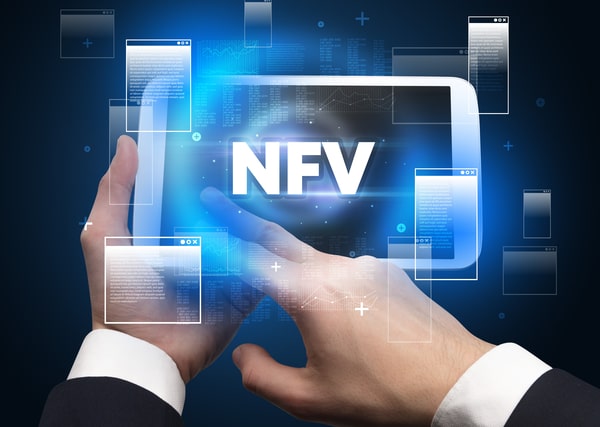

An interception on wireless networks generates a lot of events, IRI. If the configuration involves a large number of LEMF/MC, that impacts the routing performance. The challenge is how to handle such routing performance without downgrading the overall performance.
Any medium to large mobile network includes equipment from different vendors. Today, Network Operators have the expertise and experience to build a multi-vendor network combining different equipment from different vendors. As such, AQSACOM has been the first and still the only agency to have a platform able to combine several equipment technologies on the same hardware.
The ALIS platform doesn’t need hardware for each technology. Such flexibility allows not only a great saving in CAPEX and OPEX for our customers but also the peace of mind for the introduction of new equipment technology on the Network.
5G technology will bring 100 times more bandwidth than 4G in the near future.
The consequences are phenomenal on all the components of the Lawful Interception chain and especially on the Mediation Function, ALIS-MF. It’s well-known that the earlier adopters of new technology are criminals. That means as soon as the 5G is available, most of the criminals will jump immediately into masterminding their activity via the tech.
When our closest competitors are stuck at throughput mediation of less than 1Gbps while deploying a large number of hardware making their solution not scalable, AQSACOM has proven in production that our ALIS-MF VHP (Very High Performance) technology can achieve up to 10 Gbps on a single hardware without changing the platform architecture. The benefit for our Customers is significant cost-saving in CAPEX and OPEX.
If you are an LEA, you have also to consider the huge scale-up of your LEMF/MC performance. AQSACOM has developed a unique and innovative LEMF FrontEnd solution to address such challenges with minimal, if not zero, impact on your LEMF/MC solution.


Internet broadband providers usually face a low number of warrants but a large throughput of over 1Gbps per intercept. Such a challenge leads broadband providers to look for a very high throughput performance mediation platform.
When our closest competitors are stuck at throughput mediation of less than 1Gbps while deploying a large number of hardware that makes their solution not scalable, AQSACOM has proven in production that our ALIS SVHP (Super Very High Performance) technology can achieve 10 Gbps+ on a single piece of hardware without changing the platform architecture.
Network Function Virtualization (NFV) is the most disruptive core network technology since the GSM revolution. A Network Operator implementing the right NFV strategy can gain the following massive benefits:
NFV allows some network operators to overperform and others to lose ground and disappear. So, network operators are aggressively looking to migrate their core network to NFV to maintain momentum. NFV will also significantly impact Lawful Interception and Data Retention solutions. Since Lawful Interception & Data Retention must not be an impediment to the migration to NFV, it is crucial that Network Operators team with the right partner.
AQSACOM is the only vendor contributing actively to the NFV standardization group to make Lawful Interception and Data Retention integrated into NFV architecture.


IoT is considered by some as the biggest social and industrial revolution ever. IoT will drastically change the world, improving the quality of life and much wiser usage of the resource for the benefit of mankind and the planet. IoT is also a huge source of information that, if properly and respectfully used, can address many security challenges in a totally disruptive manner.
Some countries have already understood the valuable intelligence that IoT can bring to national security to protect the population but also the industrial and financial interest of the nation.
AQSACOM works closely with the Law Enforcement Agency community assisting them in their approach to encompass IoT in their critical mission.
AQSACOM is a leader in Cyber Intelligence software solutions for communications service providers (CSPs), private sectors, and law enforcement agencies (LEAs). For nearly 3 decades, we’ve pioneered solutions for lawfully locating, intercepting, monitoring, and analyzing criminal communications and network activity, as well as providing public safety solutions that help control emergency situations.
As a company with a unique, 100% focus on cyber intelligence, our mission is to greatly increase LEA success and minimize their level of risk, while providing CSPs cost-effective and operationally efficient solutions that coincide with their network transformation objectives. Contact us today to learn more about our software solutions and how AQSACOM can help with your cyber-intelligence and public safety needs.